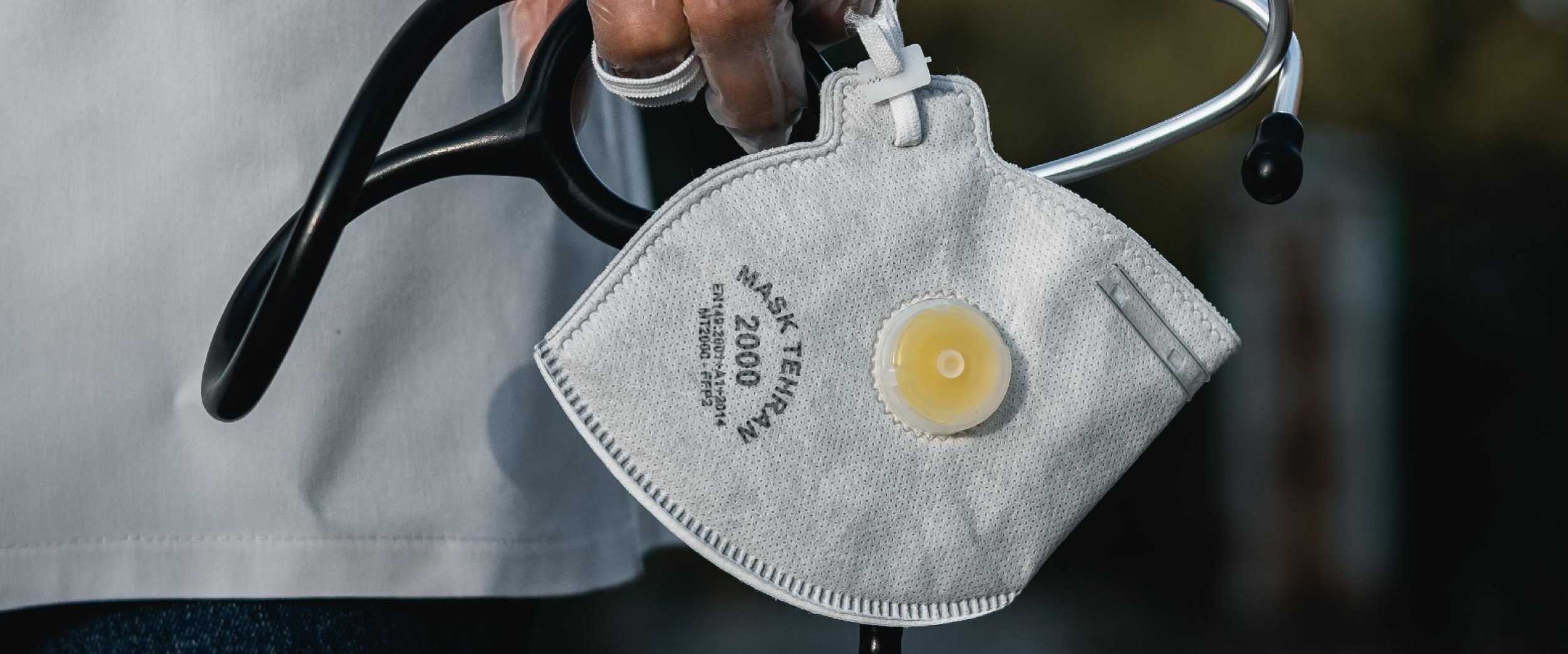Dealing with breast cancer is challenging at the best of times, but in this time of uncertainty and when our health care system is having to quickly adapt to the impact of COVID-19, cancer patients are facing increased challenges and changes to treatment schedules and doctors’ appointments. This can bring additional anxiety and questions around how these changes will impact the success of treatments.
We’ve reached out to oncologists across Canada to better understand these changes, how they expect it will impact breast cancer patients, and what assurances they can offer patients who are worried about their cancer progressing. What is important is that the situation is constantly evolving so there may be changes to the information below depending on the course and duration of the pandemic. Here’s what they would like you to know:
1. The recommendations of oncologists in terms of cancer care are now being made by balancing the risks of the patient’s cancer against the risk of the patient contracting COVID-19 and having a bad outcome from the virus. As such, many patients may be suggested to forgo, delay, or stop their treatments early, which is different from the usual standard of care prior to COVID-19. For example, if we are giving preventative chemotherapy to a patient who had a high risk breast cancer, we may suggest we stop after 4 cycles instead of the full 8 cycles because the extra 4 cycles don’t add enough benefit compared to the risks of the patient continuing to come to the hospital, and the risk of even needing to be admitted to the hospital from side effects of treatment. Also, if a patient has metastatic breast cancer, it may be better to take a short treatment break to keep them out of the cancer centre. We recognize that this is a break from the standard of care, but it is the new standard given the current pandemic and Cancer Care agencies across Canada are helping us make these safe decisions. In some situations, there may be some data (such as a shorter duration of adjuvant trastuzumab) but in others there may not be.
2. Routine check ups such as yearly follow ups for patients on anti-hormonal therapy are now being deferred or done by a televisit. We would like patients to understand the rationale for this - namely that the risks of coming to the hospital are high and so a routine checkup can wait. If a patient has symptoms that make them worry their breast cancer is growing, they should call their oncologist to determine the best course of action. Similarly, routine yearly tests such as mammograms are being deferred.
3. Patients should follow the usual recommendations from the Public Health Agency of Canada, the Centre for Disease Control and World Health Organization. This means self-isolating for 14 days if they have recently travelled, washing their hands frequently, staying home as much as possible and notifying public health if they have symptoms.
4. As much as possible we are trying to conduct phone assessments of our patients to avoid traffic through the hospital. Patients should understand that although this is not ideal and we would rather see them in person to assess them, right now this may be the safest option for many patients. We are also working with pharmacies to try to get medications delivered to patients’ homes directly. When patients do come to the hospital or clinic, you may be asked to come alone and not bring a family member for support as we try to limit the number of persons in all settings.
5. Given the additional strain that is being placed on all health care professionals at the moment and the increased calls and questions from patients, if patients are having minor issues it’s helpful if they can wait for their scheduled appointment to discuss these with their health care provider.
Even in these times of uncertainty, know that your oncology team is continuing to work to ensure that patients are receiving the best care that’s going to offer the best outcomes. While the care guidelines may be shifting somewhat during this time, the goal is to still ensure breast cancer patients are receiving treatments that are intended to cure them, or for metastatic patients, that will continue to successfully manage their disease. We also want to stress that if persons are having a significant concern, reach out to your health care provider as many situations can be assessed well by telephone. We want to continue care but also keep our patients safe.
Dr. Roochi Arora MD FRCPC MSc Candidate
Fellow - Juravinski Cancer Centre
Dr. Mark Basik MD FRCPC
Surgical Oncologist – Jewish General Hospital
Dr. Karen Gelmon MD FRCPC
Medical Oncologist - BC Cancer Agency
Dr. Sandeep Sehdev MD FRCPC
Medical Oncologist - The Ottawa Hospital
Photo by Ashkan Forouzani on Unsplash







